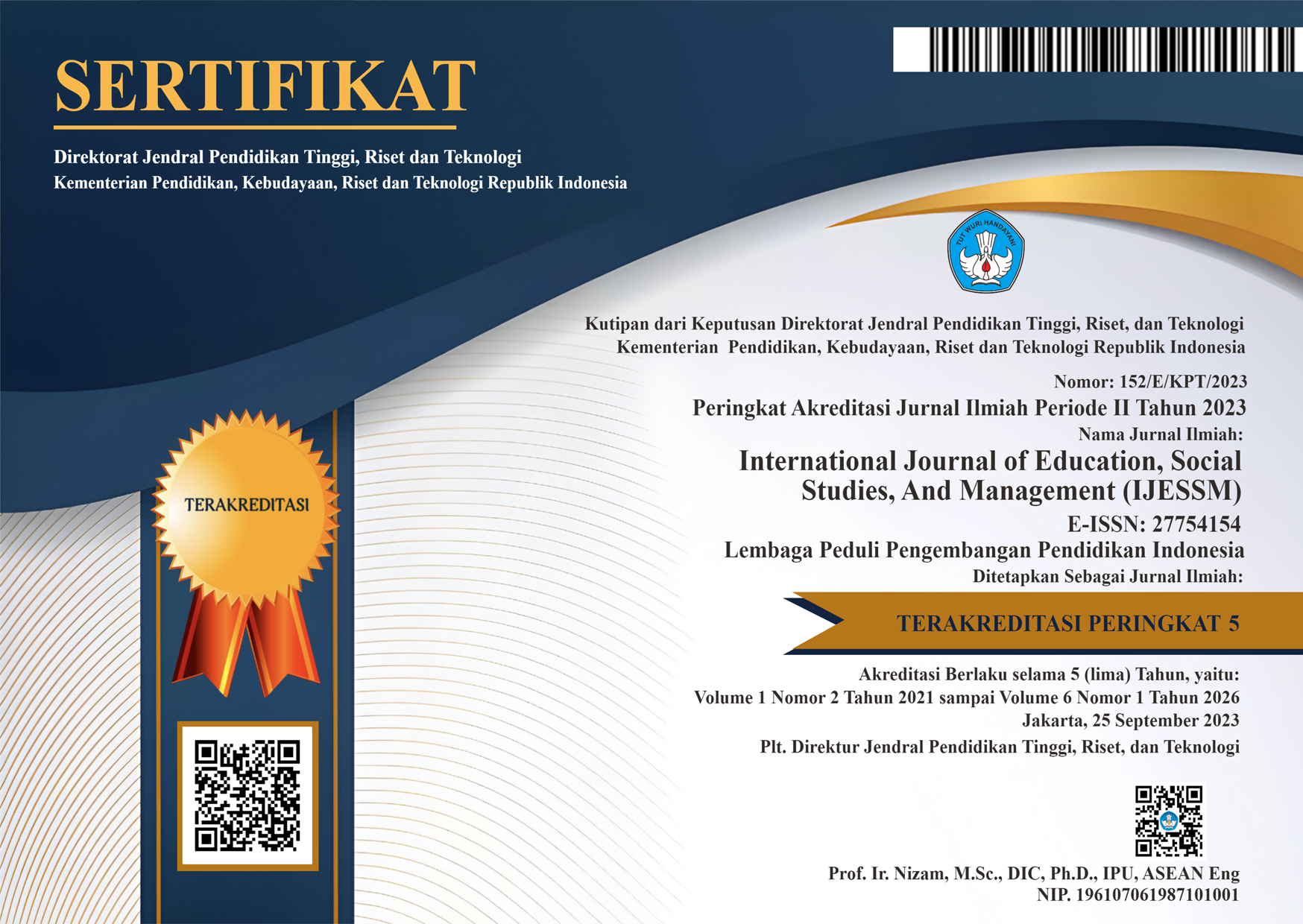Challenges and Opportunities in Managing Marine Debris: a Case Study of Pancana Village With a Bibliometric Perspective
DOI:
https://doi.org/10.52121/ijessm.v4i3.570Keywords:
Marine, Debris, Plastic, Pollution, SustainableAbstract
Marine debris is a critical global environmental issue, with severe impacts on coastal ecosystems, economies, and communities. This study integrates bibliometric analysis and a localized case study in Pancana Village to examine the sources, impacts, and management of marine debris. Bibliometric trends from 2000 to 2023 reveal an exponential growth in research, with focus areas including microplastics, policy interventions, and community-based waste management. Observations in Pancana identify land-based waste, particularly plastic, as the primary pollutant, contributing 78% of debris, and microplastics infiltrating marine food chains. The economic repercussions include declining coastal tourism and reduced fish stocks. The study highlights a lack of awareness, inadequate waste infrastructure, and limited policy enforcement as key challenges. However, grassroots initiatives and the role of social institutions offer promising avenues for sustainable practices. This research underscores the necessity of interdisciplinary approaches, policy innovation, and community engagement to tackle marine debris effectively, serving as a model for similar coastal regions globally.
Downloads
Published
How to Cite
Issue
Section
License
Copyright (c) 2024 International Journal Of Education, Social Studies, And Management (IJESSM)

This work is licensed under a Creative Commons Attribution 4.0 International License.

















